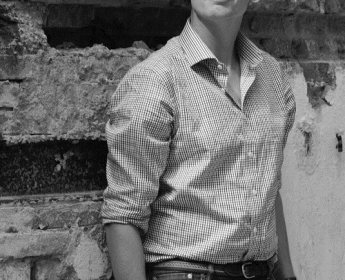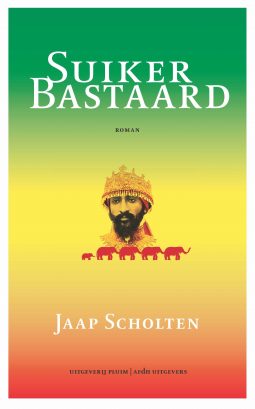

Sugar Bastard
When Frederik is eight years old, he is allowed to travel with his grandfather Dupont to Abyssinia. The family company has built three sugar factories there. Emperor Haile Selassie is coming to open the last factory, accompanied by a large entourage, the imperial musicians, and his dog Lulu. Forty years on – Grandpa Dupont is dead, Frederik is living in Eastern Europe, and Emperor Haile Selassie is encased in cement in his palace – Frederik sees a man on television who claims to be his grandfather’s son. He is so disconcerted by this report that he decides to return to the country to look for possible Ethiopian family members. The journey takes him back not only to Ethiopia, but also to his childhood in the Dutch countryside, to his grandfather, and above all, to Mila, his first great love. Sugar Bastard is a novel about family, loyalty, tradition, belonging and not belonging, and the eternal question of how to do what’s right.
In the 1950s and 1960s, Dutch manufacturer Stork built three sugar factories in Abyssinia. Young unmarried men from the factory in Twente went along on three-year contracts to assemble and maintain the machines. The strapping young men from the provincial towns of Hengelo and Overdinkel inevitably came into contact with the beautiful women of Ethiopia. Three years ago, Scholten was told about the children who had been born out of these relationships, and it was suggested that he might have relatives there too. In 2017, he travelled to Addis Ababa.
